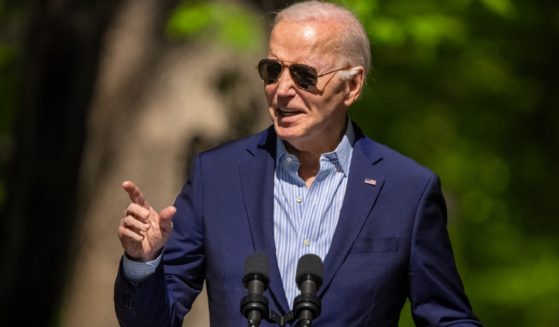Biopharmaceuticals power Pfizer in the first quarter
Higher prescription drugs sales and restrained spending together gave drugmaker Pfizer a 9% jump in first quarter profit as it easily topped analysts’ profit expectations.
Investors drove up Pfizer shares $1.20, or 3%, to $40.79 in early afternoon trading.
Sales of breast cancer drug Ibrance and blood thinner Eliquis both jumped over 20% to more than $1 billion each in the quarter, and Xeljanz for rheumatoid arthritis saw sales soar 30%, lifting prescription drug sales by 3%.
The New York drugmaker on Tuesday reported net income of $3.88 billion, or 68 cents per share. Earnings, adjusted for non-recurring costs, were 85 cents per share, beating analysts’ projections by 8 cents.
“Pfizer is off to a very good start in 2019,” new Chief Executive Albert Bourla told analysts during a conference call.
Bourla noted Pfizer had several drug approvals in the U.S. or elsewhere during the quarter, including U.S. approval of its biosimilar version, or near-copy, of injected breast and gastric cancer drug Herceptin and approval of Ibrance for men. The company expects U.S. approvals this year for biosimilar medicines for cancer and rheumatoid arthritis, plus approval of tafamadis for a rare, tough-to-diagnose heart disorder with no current treatment.
However, Pfizer’s heavily touted experimental pain drug tanezumab flopped in late-stage testing, so its future is in doubt.
“We continue to like (Pfizer) given what we see as an emerging new product story that we believe provides an attractive risk/reward” balance, Credit Suisse analyst Vamil Divan wrote to investors. He attributed the profit beat to a mix of better-than-expected gross margin, lower taxes and research spending, and fewer outstanding shares.
The biggest U.S. drugmaker by revenue posted sales of $13.12 billion, up from $12.91 billion in 2018’s first quarter.
Under Bourla, Pfizer reorganized yet again this year, with three slightly tweaked business segments: consumer health, which sells staples such as Advil pain reliever, Chapstick and Centrum vitamins; the biopharmaceuticals group selling new medicines, and its off-patent medicines business, named Upjohn for one of the many drug companies that Pfizer gobbled up in recent decades.
Prescription drug sales totaled $9.19 billion, led by pneumococcal vaccine Prevnar 13, the world’s top-selling vaccine ever, with sales of $1.49 billion in the quarter. Pfizer and rival Merck & Co., maker of Pneumovax, both are developing improved versions of their vaccines that block more strains of the bacteria, which cause pneumonia and ear and bloodstream infections.
Upjohn sales fell 1% to $3.08 billion. Over a third of that came from fibromyalgia and pain medicine Lyrica, which was just shifted into the Upjohn business because U.S. generic competition starts after June 30.
Consumer health sales dropped 5% to $858 million, but Pfizer’s revenue from partnerships jumped 27% to $1.1 billion.
Meanwhile, Pfizer said it will make significant improvement by year’s end to sterile injectable medicine factories it’s been upgrading extensively since buying them from Hospira a few years ago. The work has limited production, causing lengthy shortages of medicines crucial for hospitals. Pfizer wouldn’t say when the work will wrap up.
Pfizer Inc. raised its full-year profit forecast by a penny, to $2.83 to $2.93 per share. It reaffirmed its January forecast for sales of $52 billion to $54 billion.
___
Follow Linda A. Johnson at https://twitter.com/LindaJ_onPharma
The Western Journal has not reviewed this Associated Press story prior to publication. Therefore, it may contain editorial bias or may in some other way not meet our normal editorial standards. It is provided to our readers as a service from The Western Journal.
Truth and Accuracy
We are committed to truth and accuracy in all of our journalism. Read our editorial standards.












